Reviewed by Sahil Chopra, MD, and Stacey Gunn, MD.
Research by Savit Malhotra and Theresa Do.
Introduction
Last week, we spent some time discussing the different chronotypes that exist and how even people with the same chronotype may not have the exact same sleep schedules. The issue is that many people think everyone should have the exact same sleep schedule, early to bed and early to rise. This is especially true with our education system, a system that favors students waking up early for their first classes. But for those who are naturally “night-owls,” this forced “early-bird” schedule can be detrimental to their health. Additionally, even those who are “early-birds” can be affected, with chronic sleep deprivation continuing to be a rising issue. In this article, we will break down how unfavorable these schedules can be to the health of our youth and how recent policy changes are trying to address this.
Forced “Early-Birds”
Public school start times have been a long topic of debate, as the start times for elementary, middle, and high schools have changed throughout the years. Before the mid-21st century, schools started later than they did now. Back then, the typical start time would be after 8am, typically around 8:30am or 9am. However, as these start times increasingly conflicted with parents' work schedules, schools began shifting start times earlier to accommodate student drop offs, pick ups, and bus schedules around the 1970s. An earlier schedule was argued to allow students to also spend less time in before-school programs.[1] As a result, the shift in school start times to an earlier time forced many students to become “early-birds”.
The Developing Brain in Early Mornings
Our brain activity and energy levels vary throughout the day due to circadian rhythms. That means that based on our preferred chronotype, we have periods where we feel the most energetic and when we are ready to wind down for the day. Through development, the human circadian rhythm will change. Most younger children have an early chronotype and are typically early risers and sleepers. This chronotype goes through a drastic change during adolescence, which is defined as the developmental age range from ages 10 to 19.[2] During this time, adolescents tend to have later wake and sleep times with a higher preference for activity in evening times. With an early school start time, adolescents have been shown to have chronic sleep deprivation, as they will go to bed later but be forced to wake earlier.[2] Additionally, this mismatch in chronotype and start time has shown to impact brain activity as well. Students’ brain alpha power, which is related to awakeness and attention, has been shown to decrease as the day progresses, with teenagers being less attentive during early morning, and having better learning outcomes in mid-morning.
The Impacts of Chronic Sleep Deprivation
Sleep deprivation is something that many people overlook, but the effects of it can be quite dangerous. In fact, a recent analysis published by the Centers for Disease Control and Prevention (CDC) stated that when a person has been awake for 17 hours, it is equivalent to having a blood alcohol concentration (BAC) of 0.05% and being awake for 24 hours is equivalent to a BAC of 0.10%, which is above the legal limit for intoxication (0.08%).[3] The Cleveland Clinic has categorized this into stages; including stage 1 sleep deprivation characterized by being awake for 24 hours and less safe to drive. Stage 2 sleep deprivation is when a person begins to have microsleeps and difficulty with mental processes, and stage 3 is when we start to have hallucinations and difficulty communicating. Stage 4 sleep deprivation is the most severe, which is where hallucinations are much worse, and reality and fiction begin to blend together, along with other severe symptoms.[4]
To some degree, a lot of different adverse effects a person feels can be contributed to sleep deprivation. When we don’t sleep, our body isn’t able to function as it normally would. However, more common symptoms of sleep deprivation include daytime sleepiness, fatigue, difficulty with cognitive processes, irritability, headaches, and delayed reaction time. A person may also experience tremors in their hand, hallucinations (in much more severe cases), uncontrollable eye movements, microsleeps (periods where a person falls asleep for only a few moments, which can be very dangerous when driving), and overall impaired judgement.[5] Aside from these symptoms, a person’s overall body systems can be impacted as well. For example, sleep deprivation can cause the immune system to temporarily be unable to fight off infections, making you more likely to get sick during periods of sleep deprivation. The digestive system can also be impacted, with sleep deprivation possibly leading to weight gain and obesity. A person’s cardiovascular system can become stressed due to lack of sleep, with damage to the heart and blood vessels occurring and even the chance of having a heart attack or stroke increasing. Finally, sleep deprivation can cause lapses in hormone production, such as testosterone and growth hormone.[6]
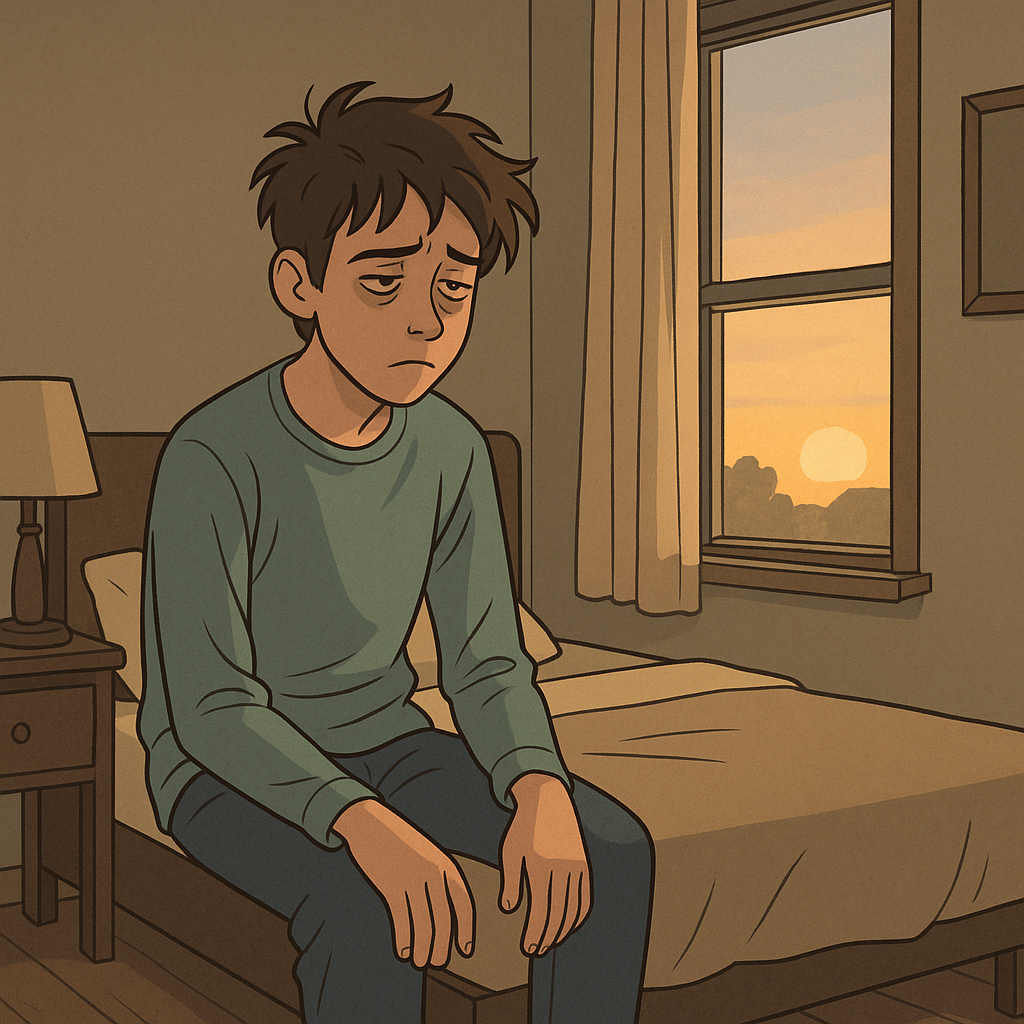
Mental Health Impacts
Knowing how chronic sleep deprivation can negatively impact the body physiologically, it is no surprise that chronic sleep deprivation has detrimental effects on mental health as well. Research has shown chronic sleep deprivation in adolescence increases the risk of mental disorders as well as risk of self-injury.[7] Furthermore, sleep deprivation impacts adolescents’ lifestyle, as adolescents who have chronic sleep deprivation are less likely to engage in daily physical activities, have more depressive symptoms, unhealthy behaviors such as alcohol and drug usage, and have poorer performance in school.[8]
There are misconceptions that people can get used to sleep deprivation and their bodies will adjust to the new schedule. Yet, research has shown otherwise. Throughout the school week, adolescents accumulate sleep debt, an accumulation of sleep deprivation, to meet the demands of their schoolwork. Students also perceive they need less sleep during this time. Typically, sleep debt can be recovered with adequate time. For students, there are not many opportunities to recover their sleep debt.[9] The weekend has been found to not be enough time for students and most students are not able to get adequate sleep recovery until vacation time. During the weekend and vacation, researchers found that students met their subjective sleep needs and may actually even sleep more than their sleep needs.[9]
Policy Momentum
It is no secret that sleep is essential to everything we do in life, especially when it comes to learning. For this reason, many movements have sprung up to begin fighting for policy changes that lead to later school start times. Among these movements is the Start School Later movement, a non-profit organisation that aims to educate on the importance of sleep and the impact of sleep deprivation and advocate for legislation on a school schedule that is backed by scientific research. Currently, the Start School Later movement has an ongoing petition to fight for legislation that prevents schools from starting earlier than 8 AM. For those who are interested, we encourage you to check out this movement and consider showing your support![10]
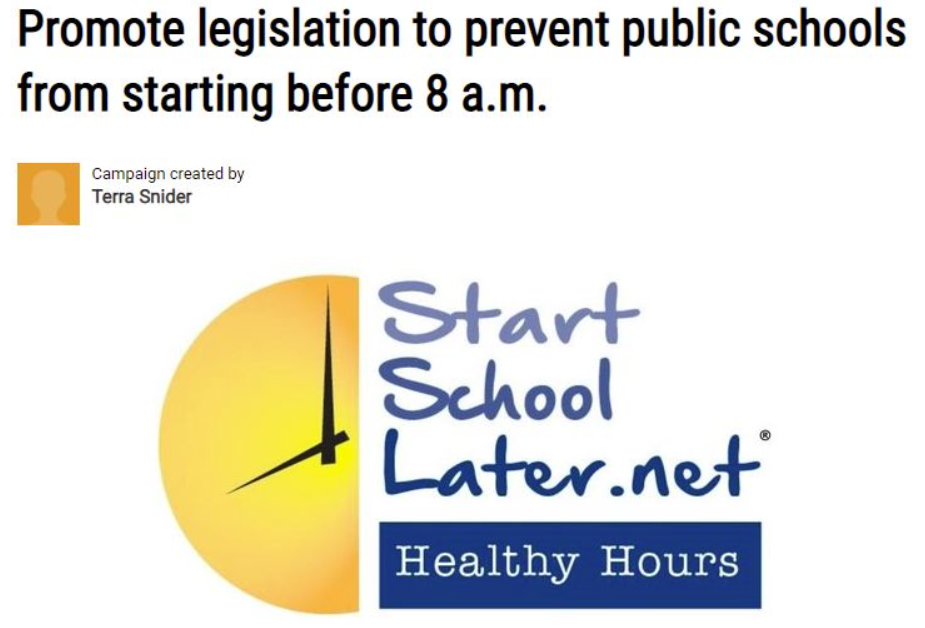
While many of these movements are still young, incredible progress has already been made. Take California, for example. In the Golden State, a 2022 Senate Bill (Senate Bill 328) made it law that middle schools are not allowed to start any earlier than 8 AM and high schools any earlier than 8:30 AM.[11] While this is still a relatively early time, it does mark a huge milestone in the continued effort to push for later school start times. Other states have begun to follow suit, including Florida, which filed a similar bill in 2023. Unfortunately, the governor of Florida recently signed Senate Bill 296, which repeals the previous bill.[12] What this means is that schools are no longer required to start later than 8 AM and 8:30 AM (for middle schools and high schools, respectively), and instead the decision is left to the independent districts. While this definitely is a step in the wrong direction, it is not to say that the effort is being undone entirely. Some estimates and studies have shown that in the past 25 years, over 500 independent school districts have followed what emerging research has shown and pushed back school start times.[13]
With the continuance of movements like Start Schools Later and with new legislation being adopted, it is likely that we will see more states fight for schools to start at later times. However, 8 AM and 8:30 AM are still quite early, especially for those who are “night-owls.” Over time, we may eventually see these policies change to start schools even later. Unfortunately, these policies move slowly, and it may take quite a while for us to get to this point. But 30 years ago, the idea of moving back school start times was not even a concept. From where these movements started, there has definitely been much progress made.
Adjusting Circadian Rhythms
In the absence of being able to change a school’s start time, there are still things that can be done to help teenagers be able to fall asleep at earlier times and wake up in time for school. It does require a personalized plan, looking at the current sleep schedule, the timing of light and dark exposure, habits related to screen time, as well as the timing of exercise, social activities, and mealtimes. We at Empower Sleep can help create a plan to minimize the effects of a mismatch between a person’s current biological rhythm and where they need to be for school or work.
Conclusion
If we want our youth to be healthy, the first step is ensuring that they get enough rest each night. Chronic sleep deprivation is a serious issue in today’s world and one that is not valued the same as other similar health conditions. Unfortunately, with the way our education system is set up, it is no surprise that an estimated 70% of teenagers are sleep deprived.[14] Thankfully, research is beginning to show the issue with schools starting too early, and recent movements have begun to push for these later school start times. We know that there are people who naturally have a later chronotype, and that sleep deprivation among teenagers is in no way healthy or beneficial to their well being, and hope that progress on these initiatives continues.
If this is an issue that is important to you, we encourage you to check out some of the work that the Start School Later movement is doing and keep yourself informed of the recent policy changes on this topic in your state!
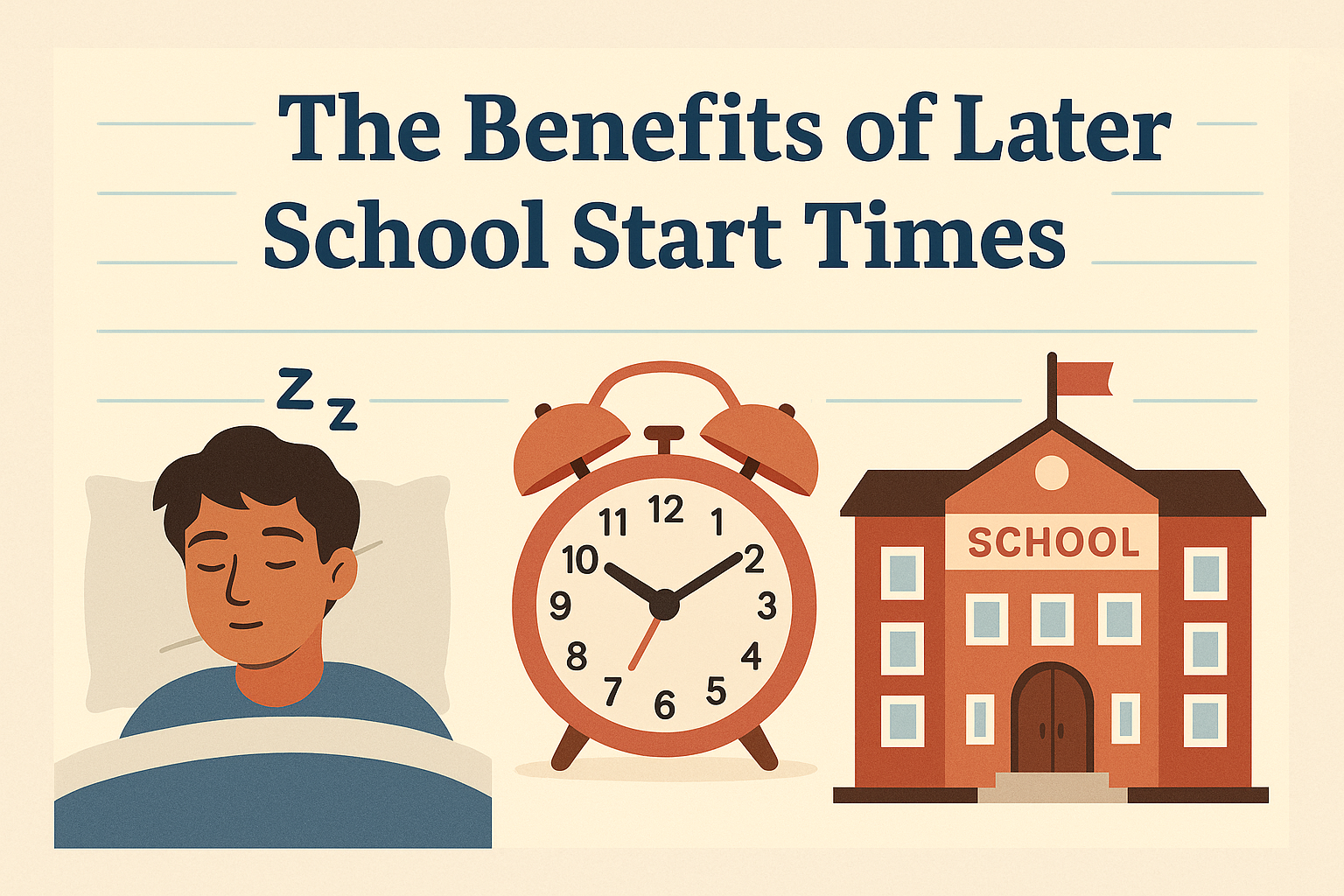



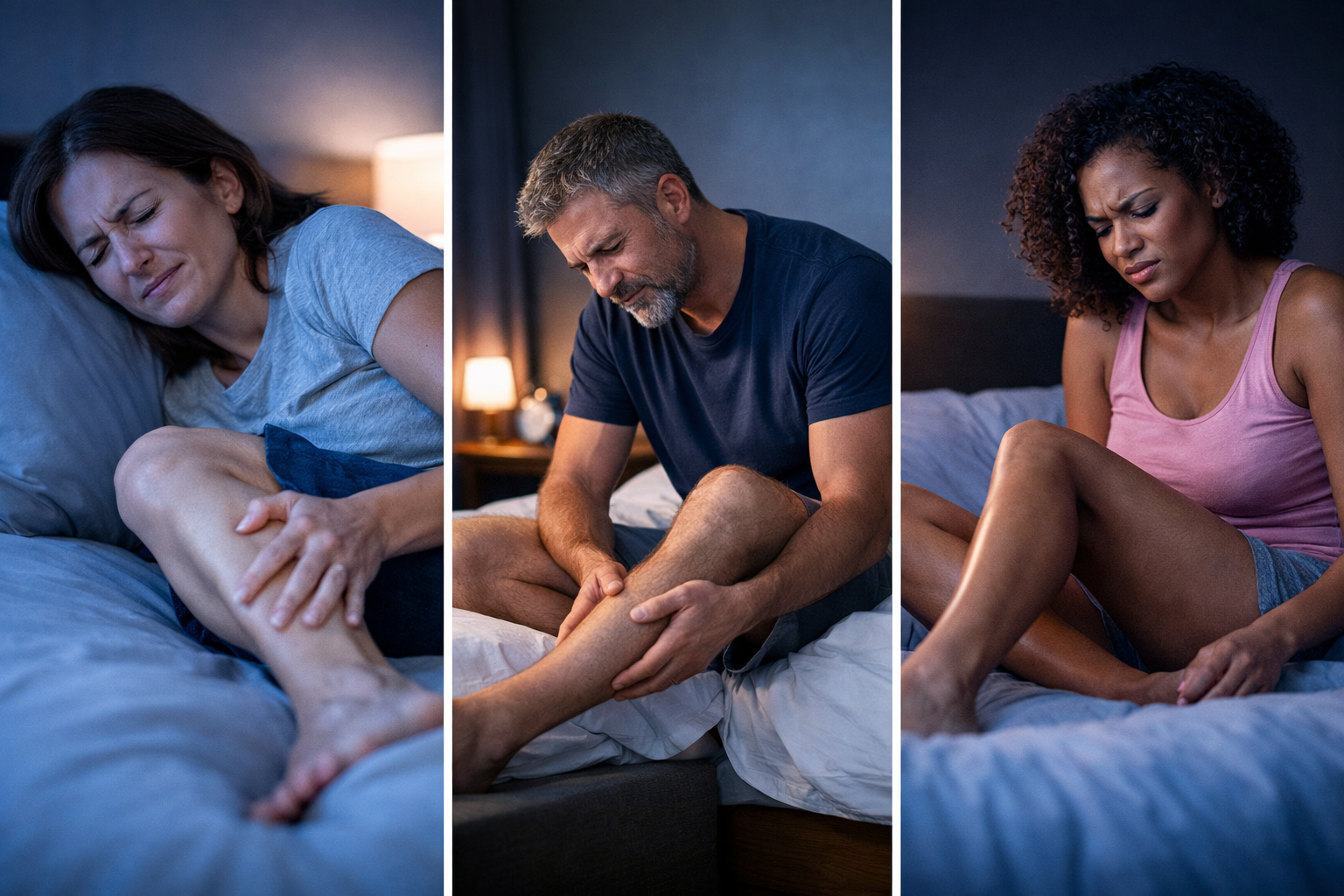
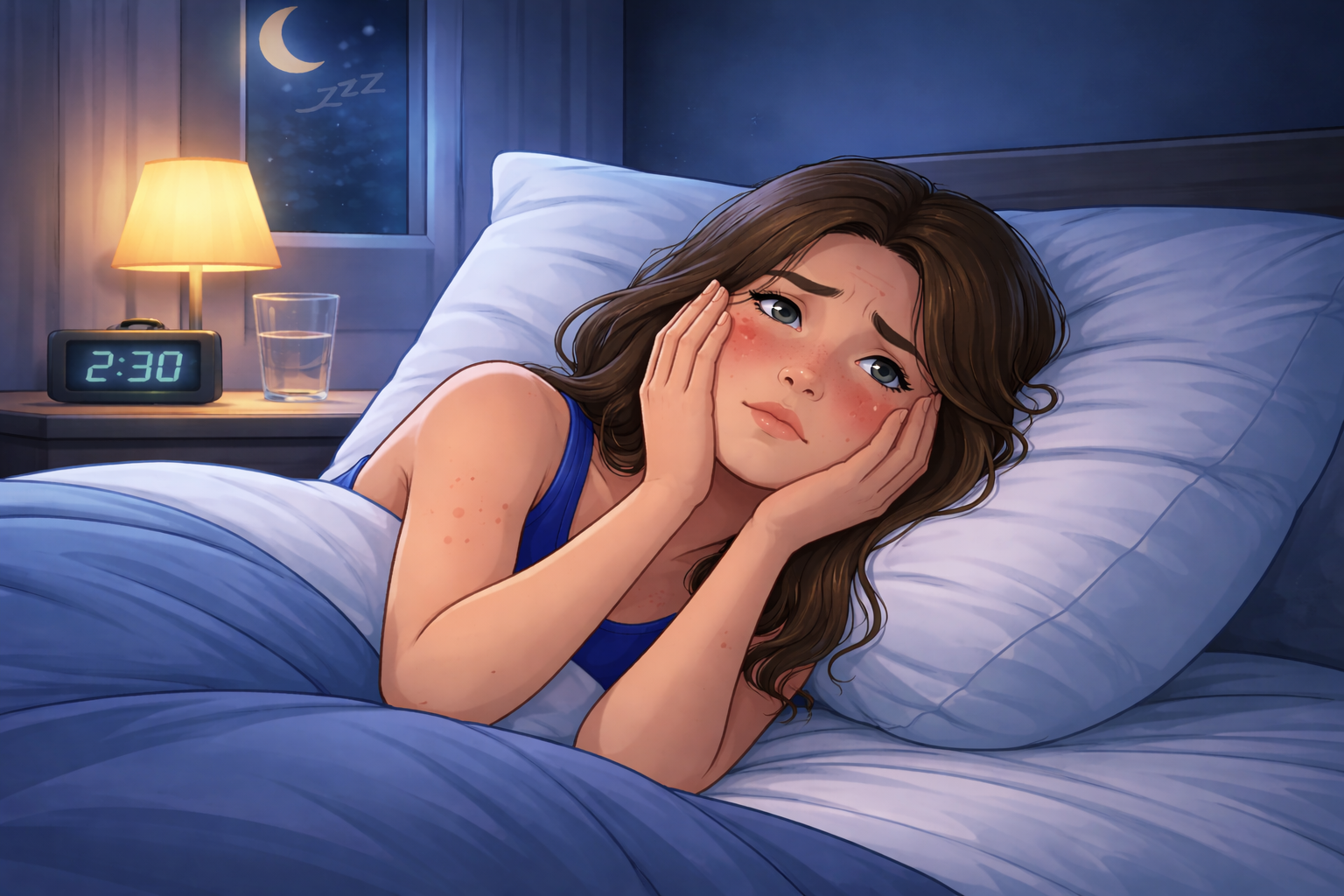


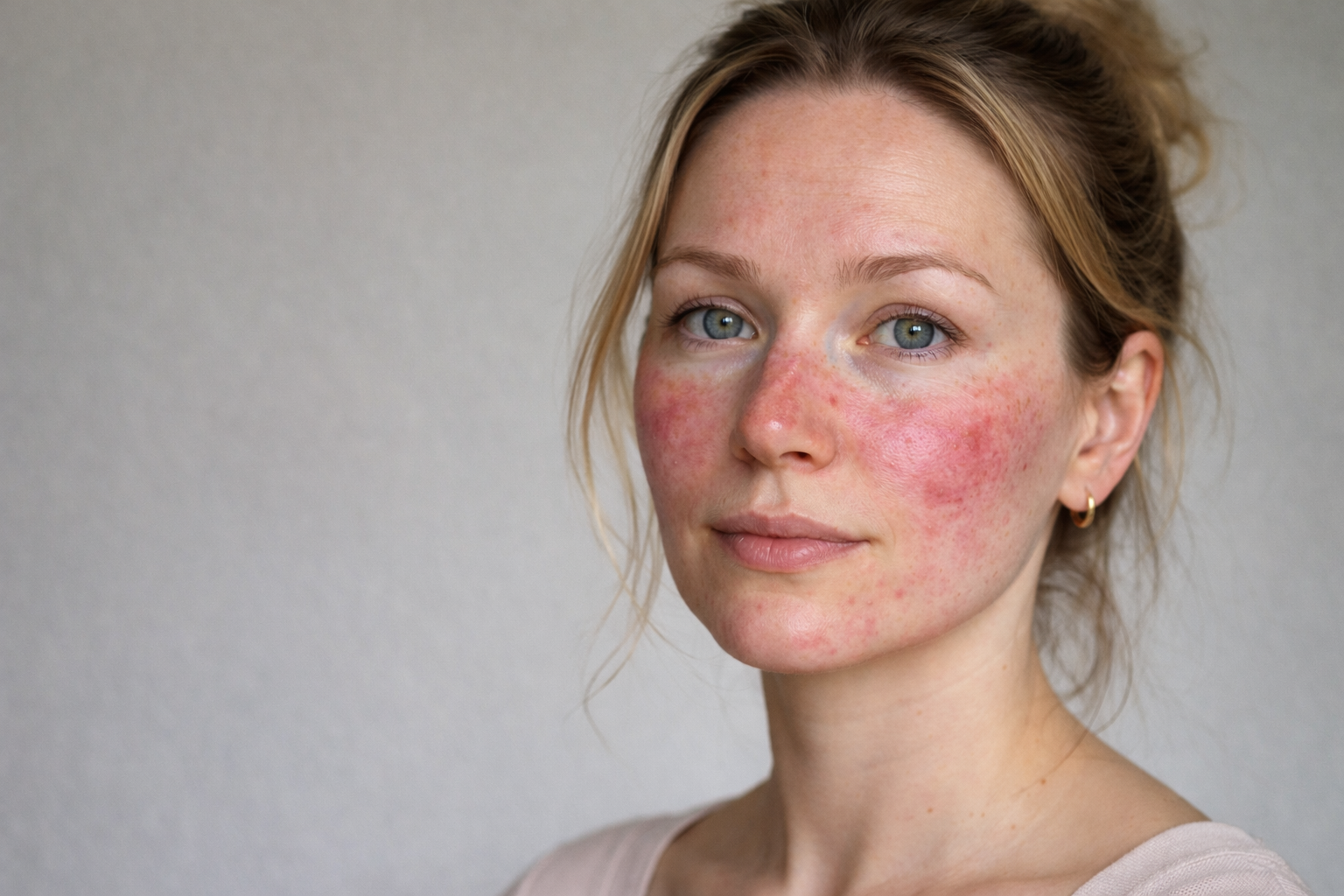

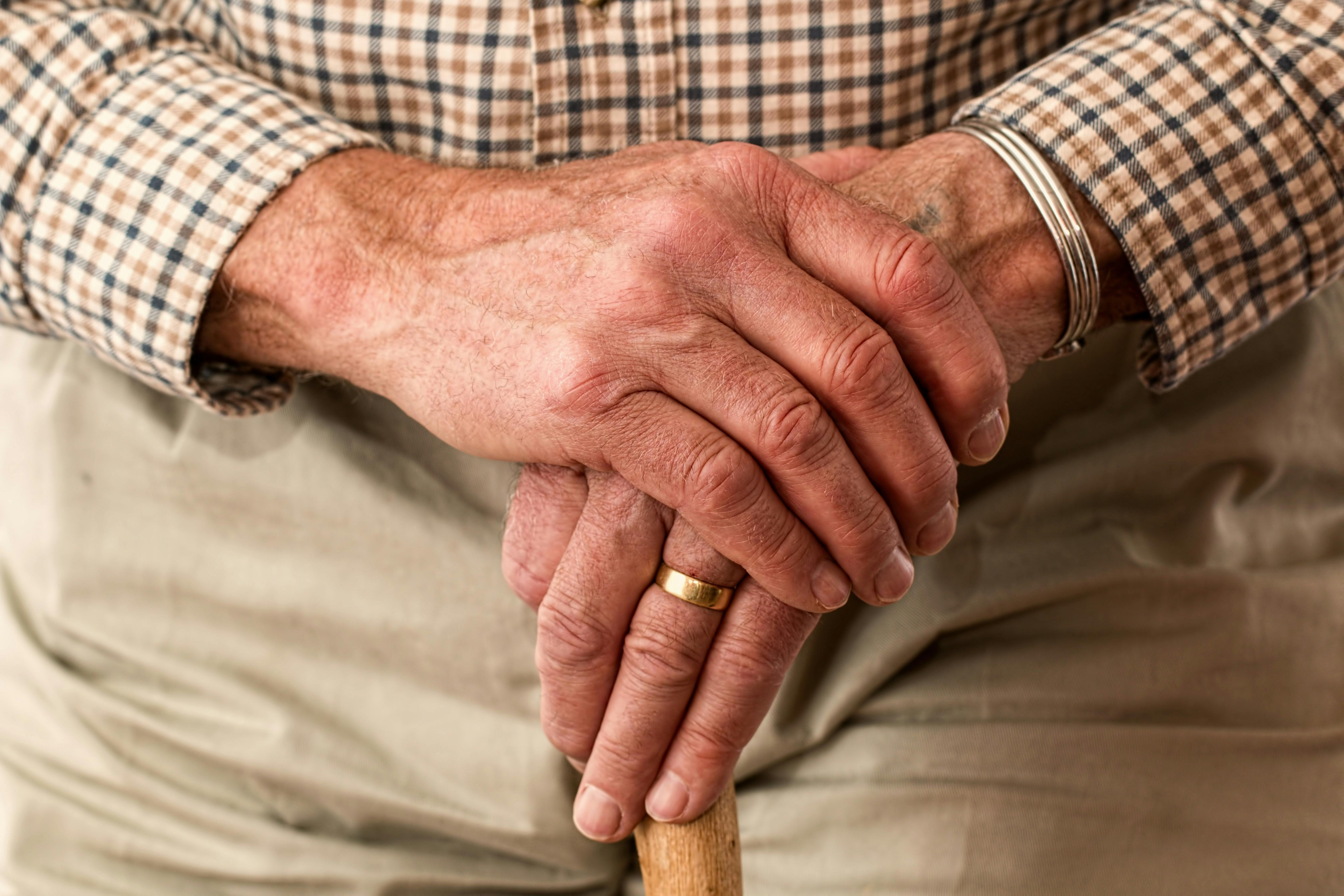
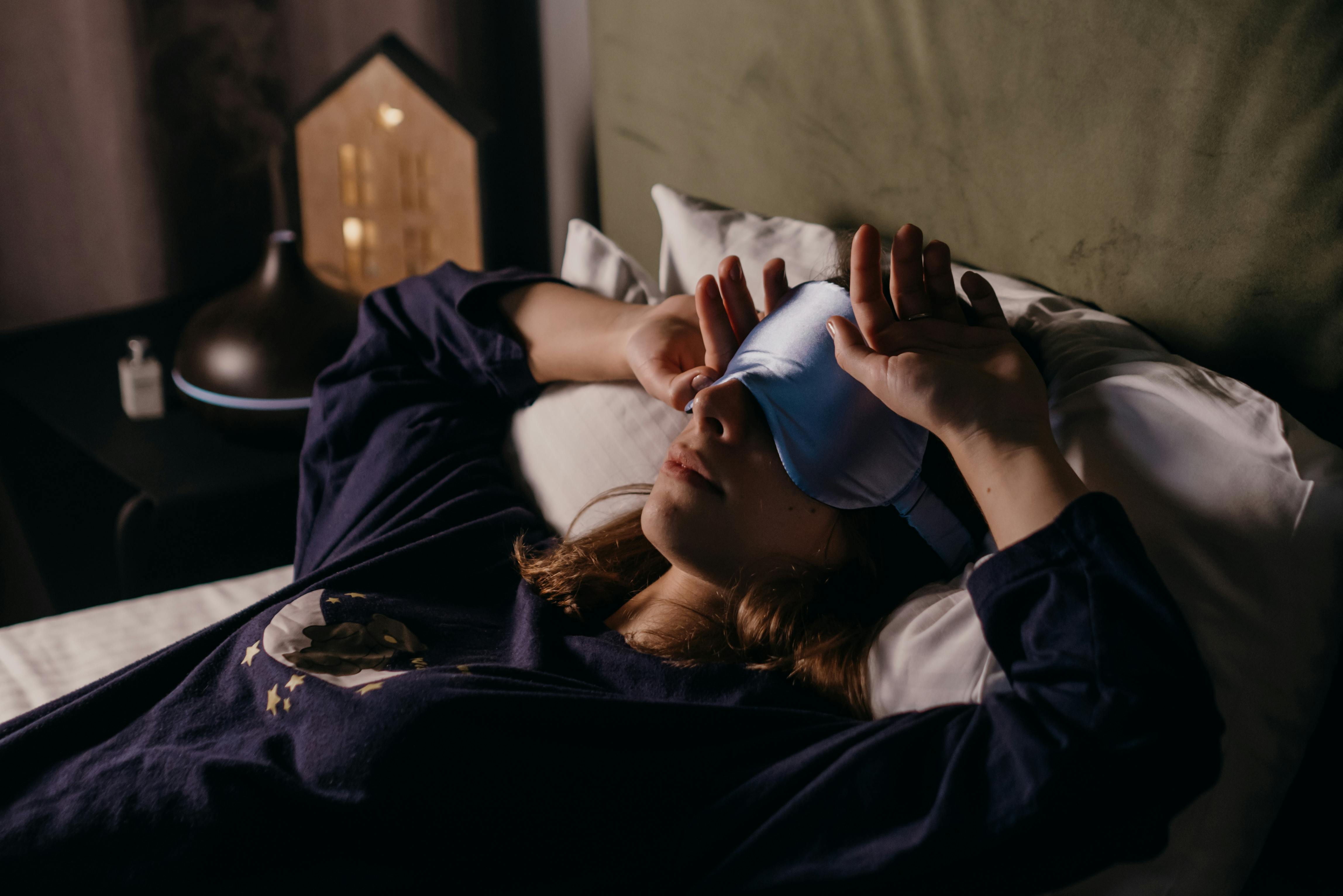

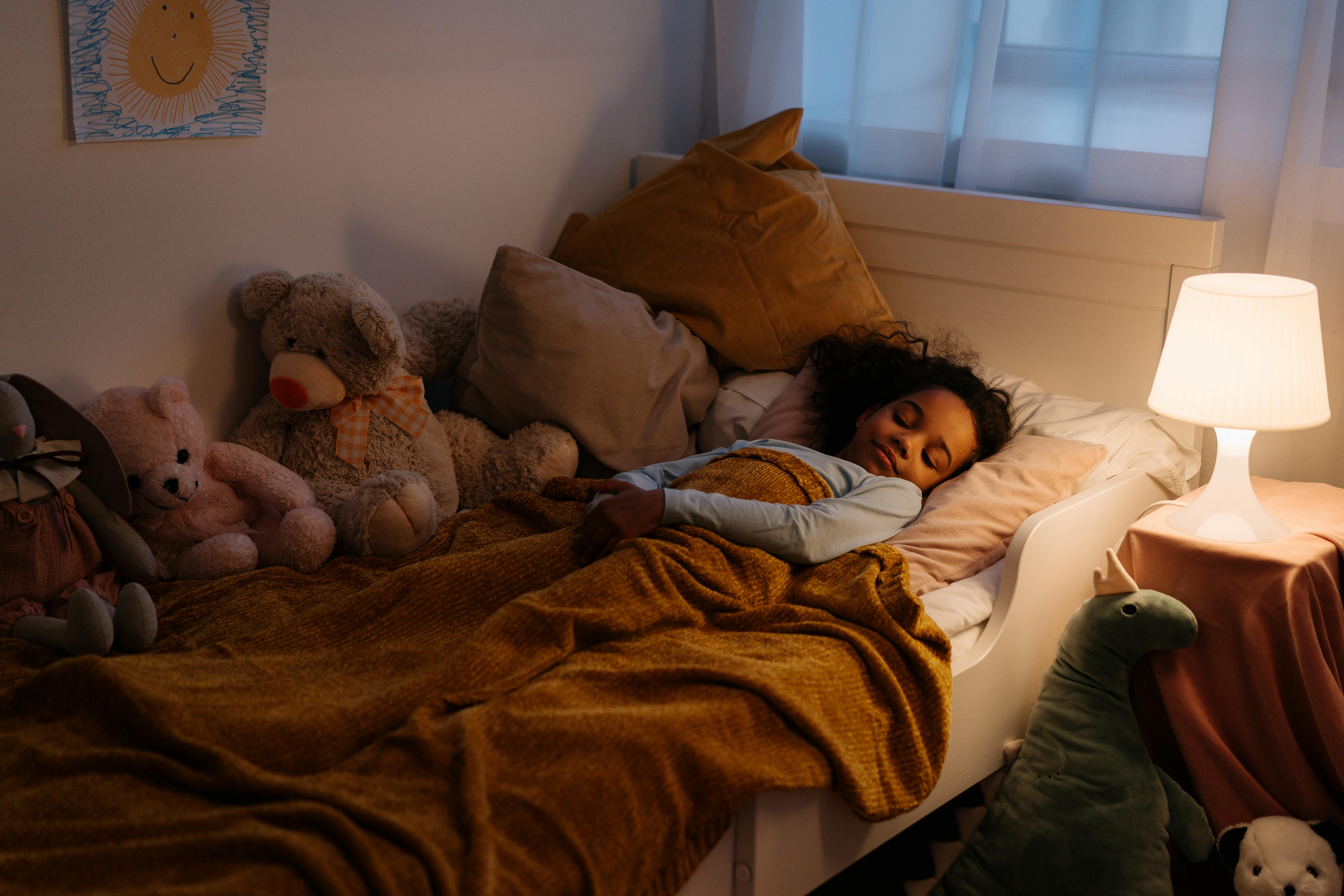


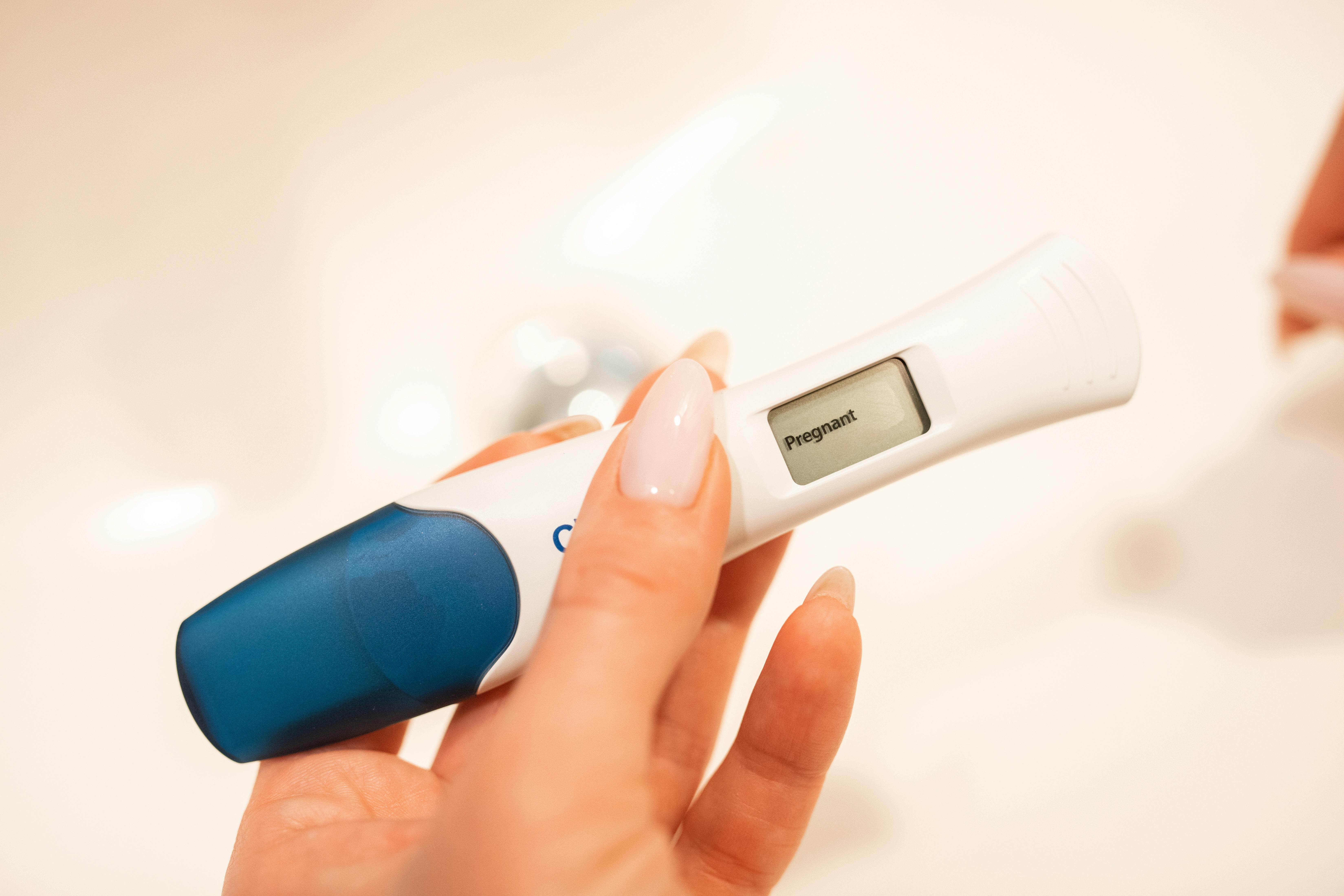






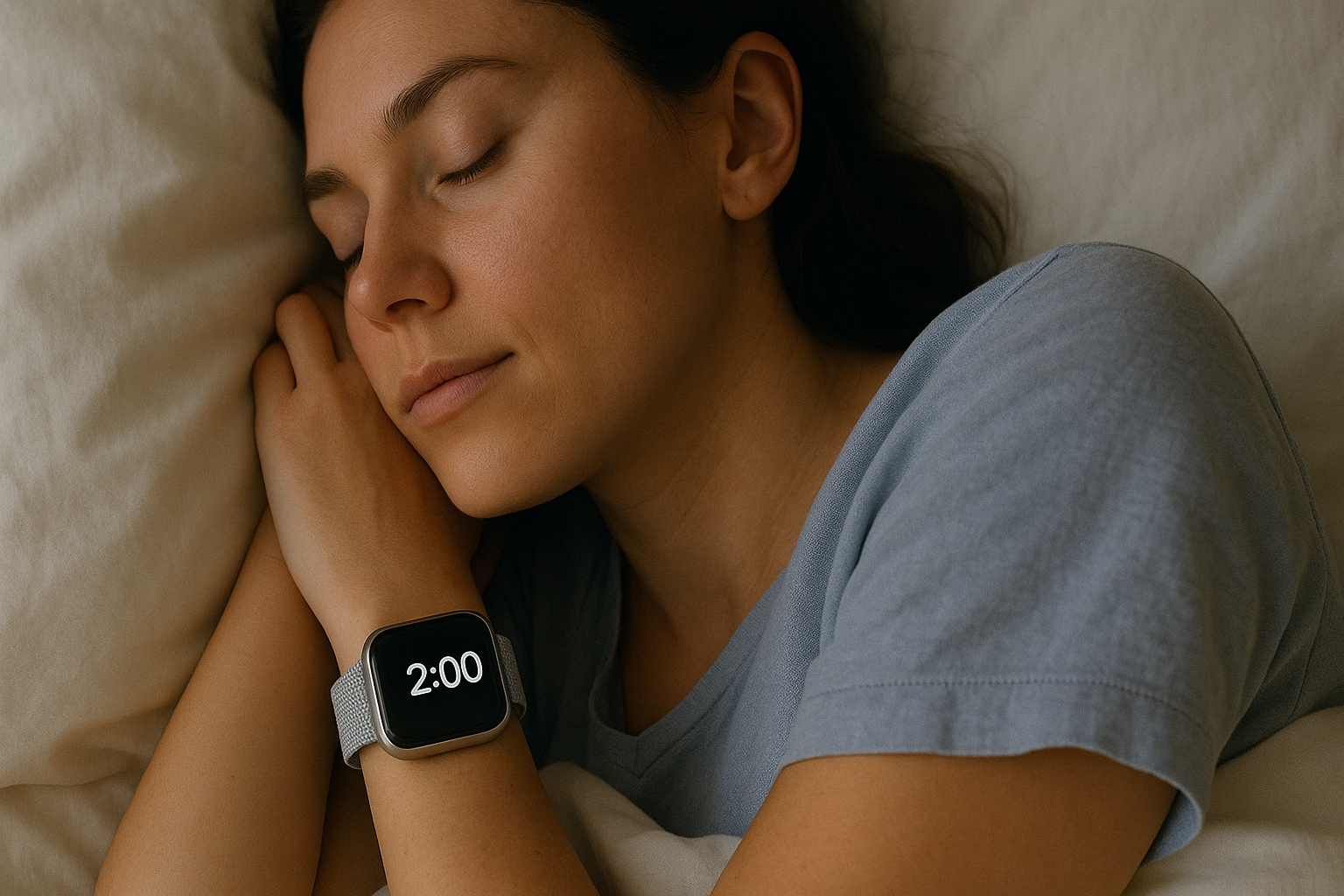


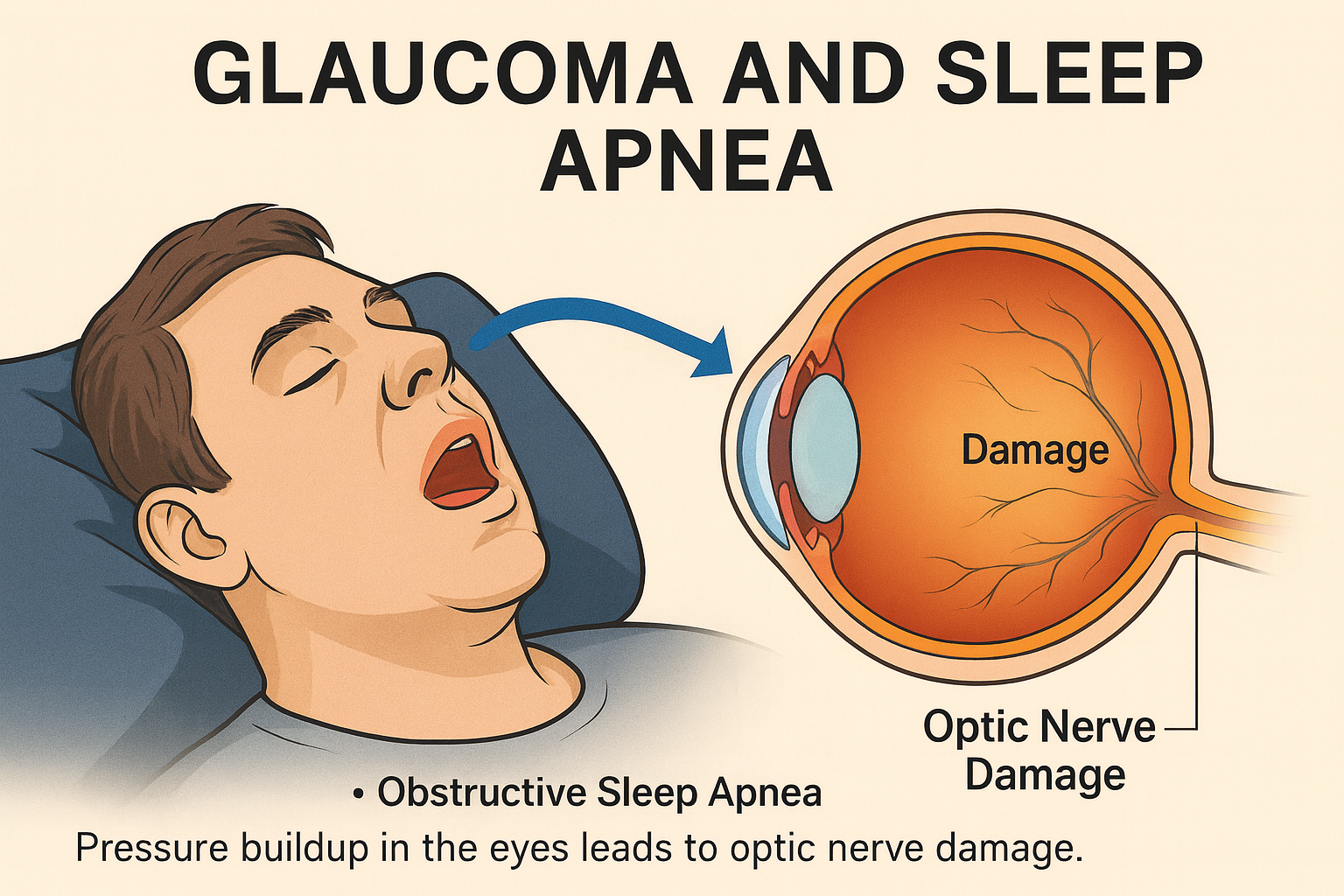
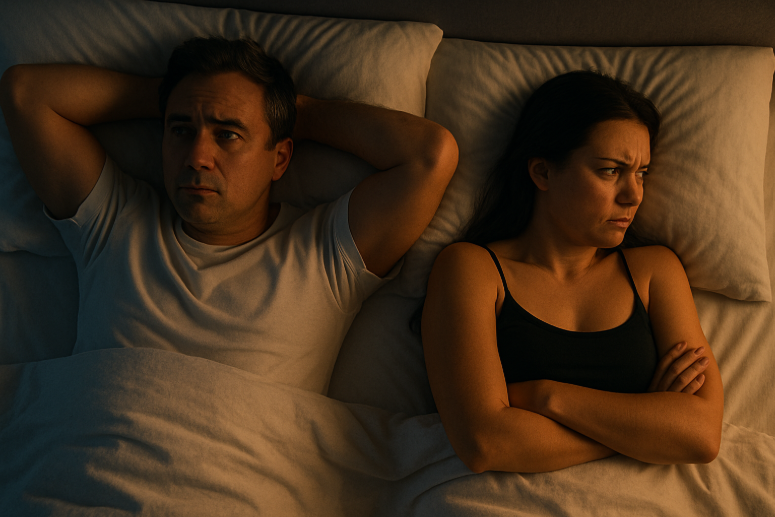
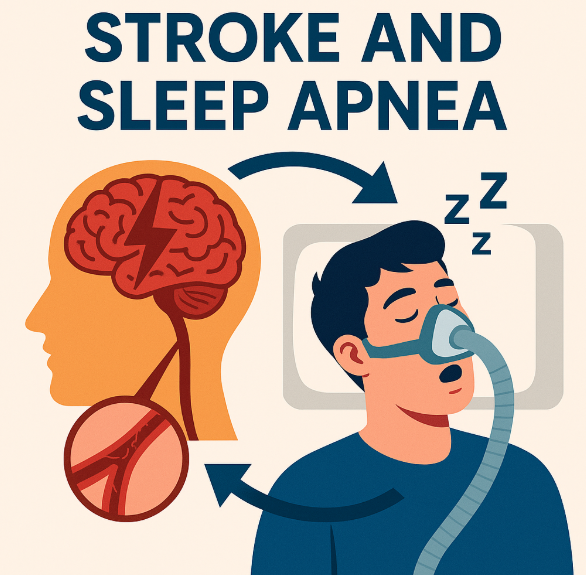
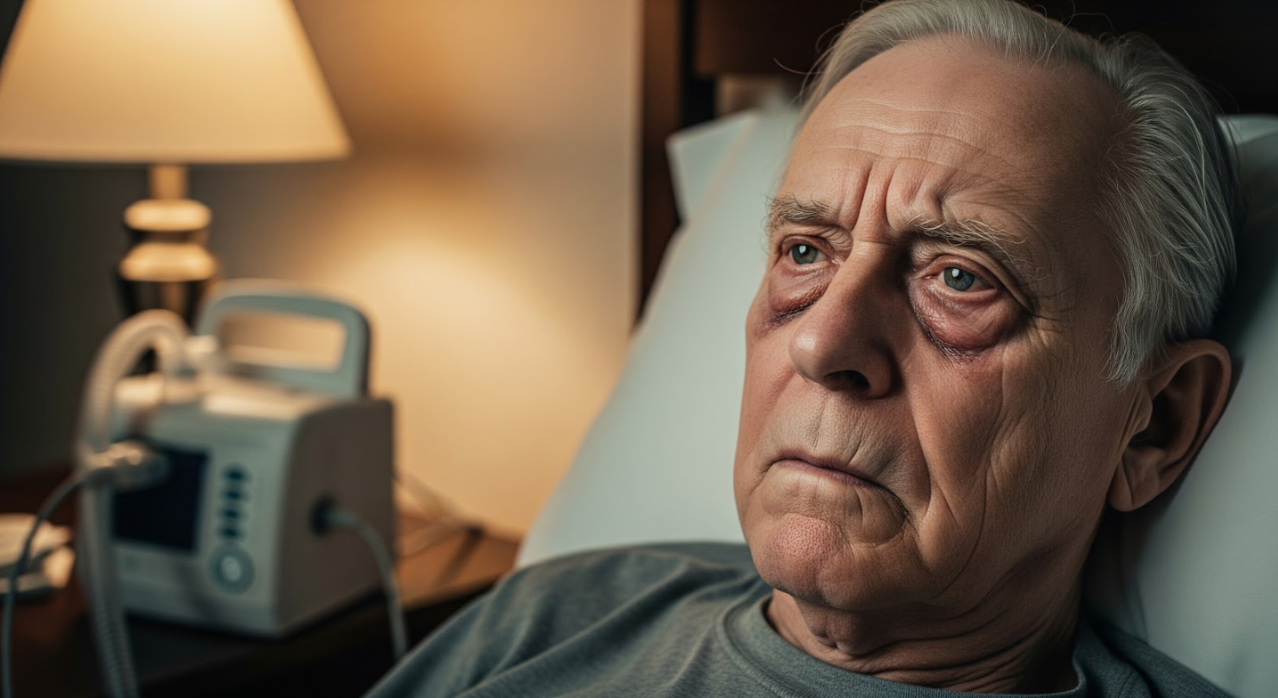
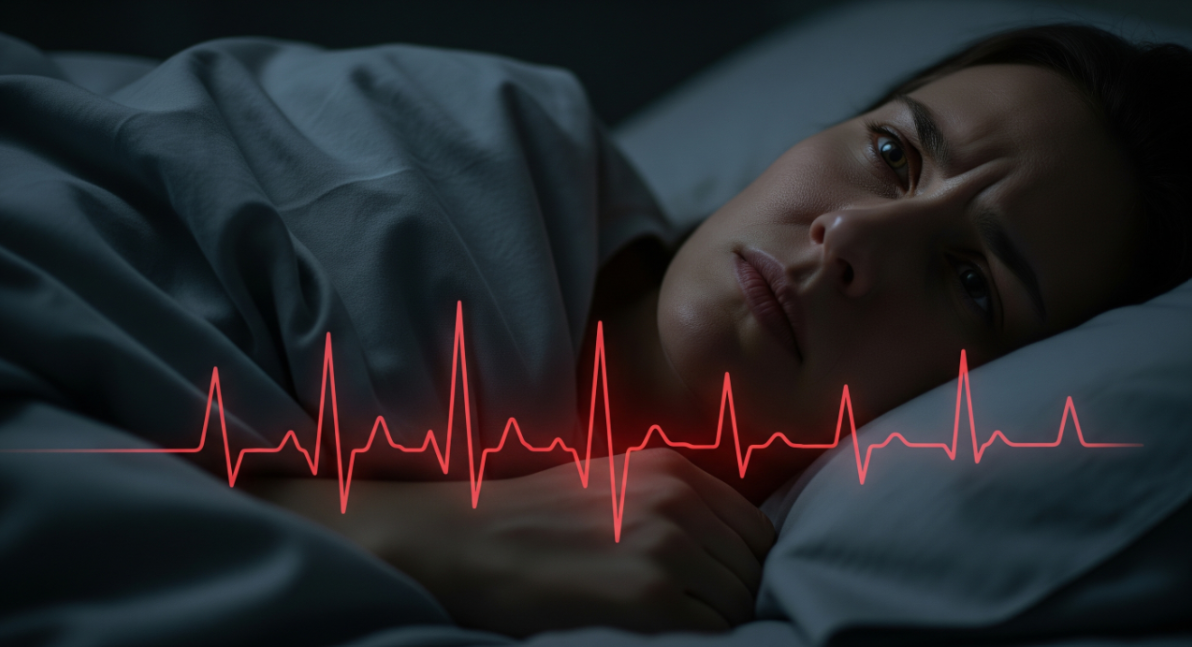






























































%20thumbnail.jpg)
.png)